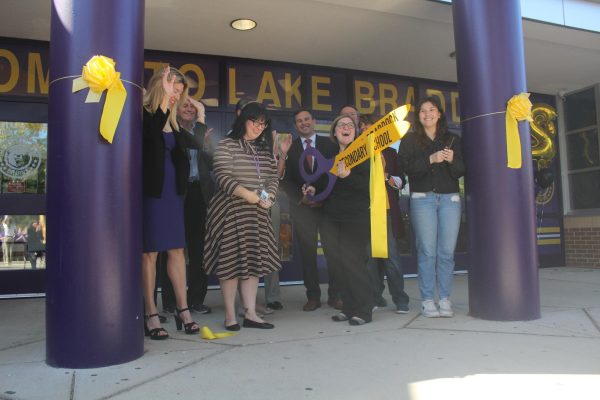New states join legalization process
photo by Olivier Douliery/Abaca Press/MCT
Activist Anastasia Stepanova from the D.C. Cannabis Campaign holds a sign during the midterm elections on Tuesday, Nov. 4, 2014, in Washington, D.C. Voters in the U.S. capital and two West Coast states will decide whether to legalize marijuana in a test for broader cannabis legalization efforts across the United States.
On Election Night 2014, Washington, D.C. was added to the ever-growing list of places where marijuana is now legal. Initiative 71, a ballot measure legalizing the recreational use of marijuana in Washington, D.C., won by an overwhelming majority on Nov. 4. Under this new law, adults over the age of 21 will be allowed to smoke and grow cannabis in the nation’s capital. The initiative’s passage is a momentous victory for civil rights activists in the District who aim to end the disproportionate amount of marijuana-related convictions among blacks, who constitute 88 percent of all convictions.
Some students see the drug’s legalization as a positive step forward.
“The usage of marijuana will definitely carry less [of a] social stigma,” senior Effi Hertig said, “[and] the police will be able to focus on more serious crimes, which will bring long term social benefits.”
Others don’t see the passage of Initiative 71 and similar measures as a good change.
“Scientists don’t truly know what the drug does in a physical sense,” senior Daniel Becker said, “which is why I think [legalization] will have a negative outcome.”
According to the National Institute on Drug Abuse, the usage of marijuana can have adverse effects on the body. Research has shown that 9 percent of users become addicted, and that percentage is higher among young people and frequent users of the drug. However, it’s unknown whether or not smoking marijuana can lead to lung cancer just as smoking tobacco does.
No matter the effects, there is a clear shift in public opinion on the drug. Medical marijuana is legal in 21 states, and recreational marijuana is legal in four. A Pew Research study released on Nov. 5 shows that in 1969, 84 percent of Americans believed marijuana should be illegal. Today, that percentage has fallen precipitously (save during the “Just Say No” campaign of the late ‘80s) to 45 percent. Attitudes are clearly shifting among the population, so an initiative similar to the one in D.C. could be in the near future for Virginia.
“Should that issue come before the state legislature,” history teacher Patrick Ward said, “it’s up to the people of Virginia to decide.”




